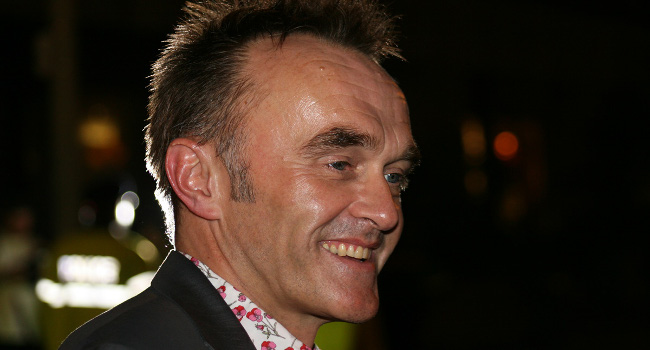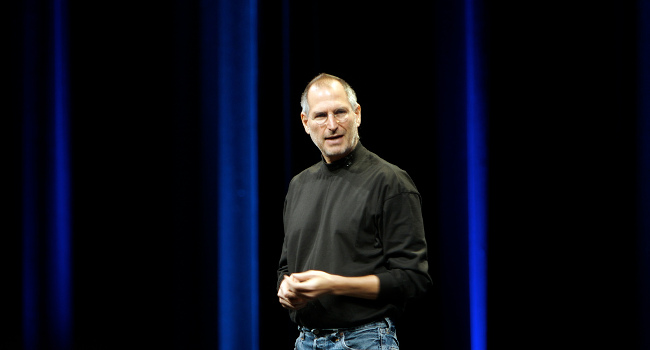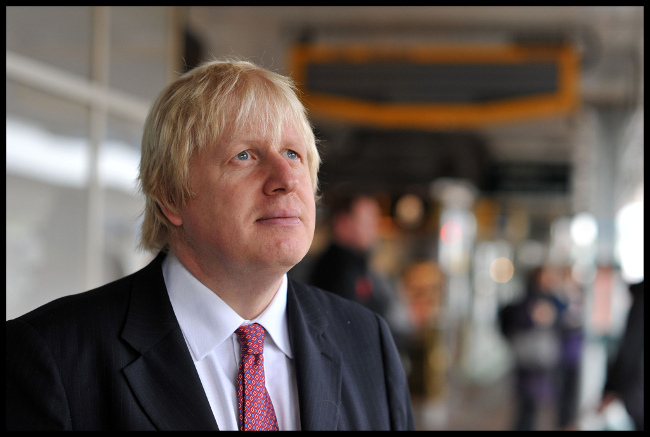When biographers probe the life of a celebrated figure the family will always wonder just how much of the bad stuff is going to hit the presses.
As such Steve Jobs, a biopic of one half of Apple’s founding team, was always going to cause trouble given the well-chronicled nastiness of one of the pioneers of consumer electronics.
Even before the film started shooting Laurene Powell Jobs, a critic of Walter Isaacson’s biography which forms the basis of the film, was reportedly lobbying film companies and movie stars such as Leonardo DiCaprio and Christian Bale not to back or appear in it.
Then as its release approached Apple’s current chief executive Tim Cook dismissed Steve Jobs and the documentary Steve Jobs: The Man in the Machine as “opportunistic”, though he hasn’t seen either of the films.
https://youtu.be/7Yap6WKKin8
And more recently Jony Ive, designer of many of Apple’s greatest hits, saw fit to divulge his opinions on the matter despite not seeing Steve Jobs, branding the movie “ridiculous” and complaining it ignored the “context” in which Jobs was operating.
“There are sons and daughters and widows and very close friends who are completely bemused and completely upset,” he added. “I’m sorry to sound a bit grumpy about it but I find it ever so sad.”
The trouble with these comments, aside from the fact they come from people who haven’t even seen the film in question, is that they ignore that Jobs was a man who denied he fathered a child with his childhood sweetheart Chrisann Brennan, forcing her to raise their daughter Lisa with only limited financial support from him for several years.
They also skirt over the fact he was often abusive and unreasonable to colleagues, and rude to hotel and restaurant staff, the kind of people who were obliged to be pleasant to him despite his misbehaviour.
Some of this is shown in the biopic, and indeed Ive himself once explained these flashes of temper to the biographer Isaacson:
“I once asked him [Jobs] why he gets so mad about stuff. He said: ‘But I don’t stay mad.’ He has this very childish ability to get really worked up about something, and it doesn’t stay with him at all. But, there are other times, I think honestly, when he’s very frustrated, and his way to achieve catharsis is to hurt somebody.
“And I think he feels he has a liberty and license to do that. The normal rules of social engagement, he feels, don’t apply to him. Because of how very sensitive he is, he knows exactly how to efficiently and effectively hurt someone. And he does do that.”
This view is backed up by Steve Wozniak, the other more technically gifted half of Apple’s founding team and a consultant on the film. He was asked by the Beeb what he felt the film showed well in terms of Jobs’ personality:
“It deals with what we are all very familiar with – a lot of his negativism. This comes about less with him doing negative things to other people, and more him just sort of standing [there] and not caring as much about others as himself, and not being able to have feelings very much.”
He added that whilst the film did not portray what historically happened in the events it covers, “it really conveys what Steve Jobs was really like inside… and what it was like to be around him.”
If you wanted to be generous about all this you would point to Jobs’ difficult upbringing. And nobody is denying that the techie later reconciled things with his daughter Lisa, or that he did not have a nicer side to him.
But whilst the family will no doubt prefer to remember the more generous side of Jobs, history should not be so kind. It is important people remember that even the most celebrated men can be bastards, and Jobs was undoubtedly one of them.
Image Credit – Steve Jobs, at WWDC 2007, by Ben Stanfield




